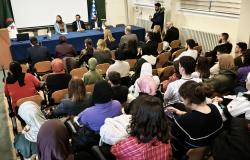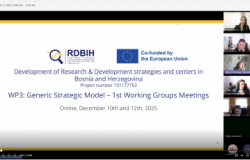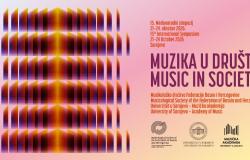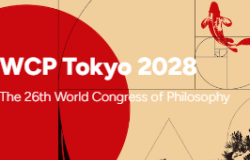Rectors of public universities and universities are united in the fight for the autonomy of these higher education institutions

On 15 July 2020, the Rectors' Assembly of BiH held a regular session in Jahorina with the participation of the rectors of eight public universities.
The Rectors' Assembly of BiH discussed information related to the Law on Tax and Tax Control of the Universities of Tuzla, Zenica and Sarajevo. In addition, the proposal of the Law on Income Tax of the Federation of BiH was discussed, to which the Rectors’ Assembly of BiH expressed its opposition to certain provisions and formed an expert financial working group that will give full comments on the Law on Income Tax. The Rector's Assembly / Conference of BiH considers certain proposals of the new Law on Income Tax of FBiH to be a violation of the autonomy of universities and universities and harms the development of these higher education institutions.
The Rectors’ Assembly of BiH considered the proposal of the platform for discussion on the amendments to the Framework Law on Higher Education presented by Prof. Dr. Zoran Tomić, Rector of the University of Mostar, Prof. Dr. Rifat Škrijelj, Rector of the University of Sarajevo and Prof. Dr. Radoslav Gajanin, Rector of the University of Banja Luka. Based on the need to amend the Framework Law, the Rectors’ Assembly of BiH formed the Commission for drafting a proposal to amend the Framework Law on Higher Education, headed by the Rector of the University of Mostar, Prof. Dr. Zoran Tomić. After agreeing on the proposed changes with the members of the Rectors’ Assembly of BiH, the Commission will officially send them to the competent legislative bodies of Bosnia and Herzegovina for the procedure.
Challenges in the accreditation of study programs were also discussed, and the Rectors’ Assembly of BiH calls on the competent BiH authorities to speed up the process of filling the bodies of the Agency for Development of Higher Education and Quality Assurance of BiH and to actively help finance reaccreditation of study programs ability to self-finance.
One of the topics was the work of public universities and universities during the Covid-19 pandemic, during which the need to adhere to all epidemiological measures prescribed by the competent authorities was emphasized. The importance of adapting to the existing conditions was also emphasized in order to optimize all teaching processes and preserve the health of students and university staff.








